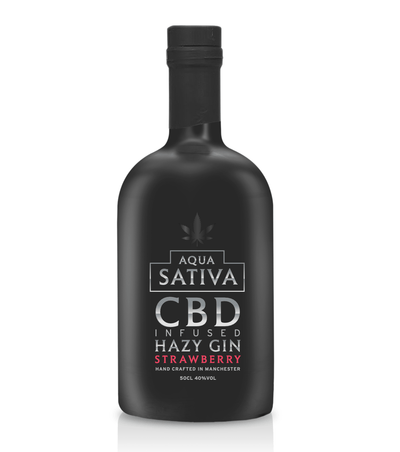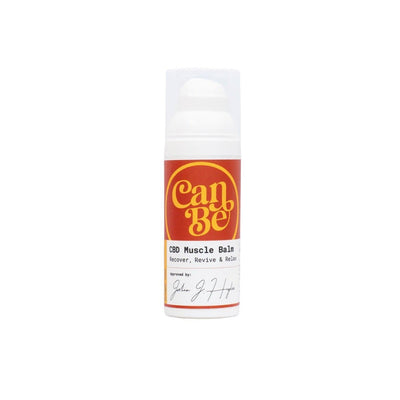Softgel food supplement capsule with pure 100% MCT oil from coconut (Cocos nucifera) with high C8 - caprylic acid and C10 - capric acid content. Free from palm oil.
Do you want to take care of maintaining a healthy body weight? Or are you looking for a way to maintain optimal energy levels on a daily basis? MCT oil can prove to be a valuable support during weight loss, support liver function and also have a positive effect on the quality of your training. Reach for MCT Oil 1000 mg and see how it can improve your fitness.
MCT oil (medium chain triglycerides) is a mixture of medium-chain saturated fatty acid triglycerides of plant origin. They contain between 6 and 12 carbon atoms and are found in a variety of sources. MCT oil is recognised as a high-value functional food [1]. In particular, attention is drawn to its properties for reducing body weight and body composition [2] and the role it plays in reducing abdominal obesity, metabolic syndrome and lowering inflammatory markers [3]. Studies have shown that consumption of MCT oil can support food malabsorption (e.g. diarrhoea or liver problems) [3], as well as increase energy expenditure, fat oxidation and satiety, and reduce food intake [4].
Medium-chain fatty acids (MCTs) are readily absorbed by the intestinal villi, which means that they enter the bloodstream faster than other types of fat. Therefore, some studies show a link between MCT oil levels and energy levels. MCT oil has also been shown to have a beneficial effect on exercise performance by increasing biogenesis and mitochondrial metabolism [3].
Natural sources of medium-chain triglyceride fatty acids include coconut oil, palm oil and milk fat [5]. MCT oil contains caprylic acid (C8:0) - which has an appetite-stimulating effect by regulating ghrelin (commonly known as the hunger hormone) [6] - and capric acid (C10:0), which is attributed with antibacterial, antifungal, antiviral and anti-inflammatory properties [7]. Including MCT oil in your daily diet can have many benefits - especially for maintaining a healthy body weight.
Our supplement contains MCT oil derived from 100% oil produced from the coconut palm fruit Cocos nucifera. There is no palm oil added to it. The product is characterised by a high content of caprylic acid (C8) and capric acid (C10). Caproic acid, lauric acid and myristic acid can also be found in it. The recommended daily serving, which corresponds to 1 capsule, contains as much as 1,000 mg of MCT oil. The supplement is best taken after a meal.
What is special about softgels MCT Oil 1000 mg?
- High concentration of caprylic (C8) and capric (C10) acids.
- The MCT oil contained in the supplement is obtained only from 100% oil produced from the fruit of coconut palm Cocos nucifera.
- Palm oil free, sugar-free, gluten-free, lactose-free, soy-free, GMO-free.
- Medium chain fatty acids are easily absorbed by the intestinal villi.
New Environmentally Friendly and Responsible Packaging
Caring for the environment and quality, we are gradually introducing new packaging. Instead of the previously used BioPET, we are now using bottles made of rPET (50% recycled plastic) and standard PET – both are fully recyclable.
During the transition period, you may receive the product in different packaging variants, but we always ensure their high quality and safety.
Thank you for your understanding and for helping us care for our planet together!
[1] Nimbkar S. et. al. (2022). Medium chain triglycerides (MCT): State‐of‐the‐art on chemistry, synthesis, health benefits and applications in food industry. Comprehensive Reviews in Food Science and Food Safety, 21(2), 843-867. https://doi.org/10.1111/1541-4337.12926.
[2] Mumme K, Stonehouse W. (2015). Effects of medium-chain triglycerides on weight loss and body composition: a meta-analysis of randomized controlled trials. J Acad Nutr Diet.; 115(2):249-263. doi: 10.1016/j.jand.2014.10.022.
[3] Wang Y. et. al. (2018). Medium Chain Triglycerides enhances exercise endurance through the increased mitochondrial biogenesis and metabolism. PLoS One; 13(2):e0191182. doi: 10.1371/journal.pone.0191182.
[4] Kinsella R., Maher T. & Clegg M. E. (2017). Coconut oil has less satiating properties than medium chain triglyceride oil. Physiology & Behavior, 179,422-426. https://doi.org/10.1016/j.physbeh.2017.07.007.
[5] Marten B., Pfeuffer M. & Schrezenmeir J. (2006). Medium-chain triglycerides. International Dairy Journal, 16(11), 1374-1382. https://doi.org/10.1016/j.idairyj.2006.06.015.
[6] Lemarié F. et. al. (2016). Revisiting the metabolism and physiological functions of caprylic acid (C8: 0) with special focus on ghrelin octanoylation. Biochimie, 120, 40-48. https://doi.org/10.1016/j.biochi.2015.08.002.
[7] Huang W. C. et. al. (2014). Anti-bacterial and anti-inflammatory properties of capric acid against Propionibacterium acnes: a comparative study with lauric acid. Journal of dermatological science, 73(3), 232-240. https://doi.org/10.1016/j.jdermsci.2013.10.010.






